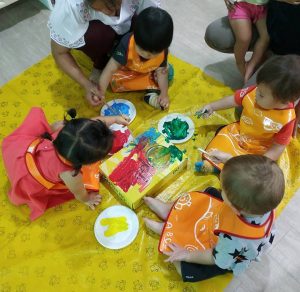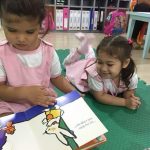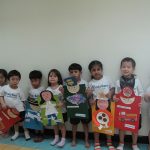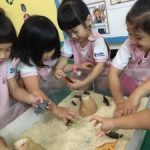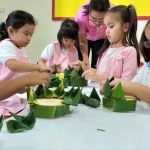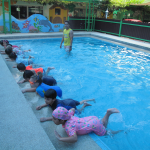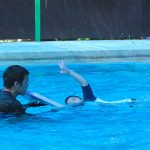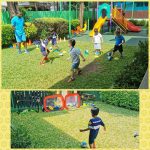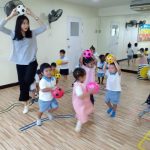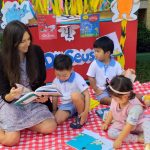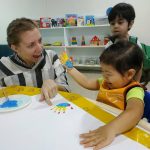Our Curriculum
We follow the Early Years Foundation Stage (EYFS) framework as we always carefully look into every child’s unique abilities and take them into account when we design our lesson plans to be assured that children get the very best experiences while they are engaged in learning and playing at our school.
Within the learning and development section of the EYFS, there are seven areas of learning and development which we practice to set the educational programs in our kindergarten. Whilst all areas of learning and development are important and inter-connected, the framework contains the areas of learning into ‘Prime’ and ‘Specific’ areas.
Prime Areas of Learning and Development
The three prime areas reflect the main skills and capabilities that all children need to develop and learn positively, and become prepared for primary school. These three areas are principally essential for igniting children’s interest and eagerness for learning, and for building their ability to learn, form relationships and thrive. These three areas, are:
For our youngest children, we emphasize intensely on the three prime areas, which are the basis for effective learning in the other four specific areas. As children grow in confidence and aptitude within the three prime areas, the balance will shift towards a more equivalent concentration on all prime and specific areas of learning.
Specific Areas of Learning and Development
It is our commitment to support our students in four specific areas, through which the three prime areas are reinforced and applied. The specific areas are
- Literacy;
- Mathematics;
- Understanding the World; and
- Expressive Arts and Design.
Each area of learning and development must be applied through planned, purposeful play and through a mix of teacher-led and child-initiated activity. Play is necessary for children’s development, building their confidence as they learn to explore, to solve problems, and relate to others. Children learn by leading their own play, and by participating in play which is directed by adults.
We recognize each child’s developing requirements and inspirations, guiding their development through sincere, constructive interaction. As children grow older, and as their development permits, it is expected that the balance will progressively shift towards more activities led by adults, to help children prepare for more structured learning, ready for primary school.
Our subjects are constantly integrated with gross and fine motor skills as per age-appropriate skills :
- English (Jolly Phonics, reading, writing, listening, conversation, etc.)
- Mathematics
- Science
- Social Studies
- Arts and Crafts
- Physical Education (sports, outdoor games, swimming, etc.)
- Music and Movements
- Thai Language and Thai Culture (K levels only)
- Sensory Development and Motor Skills
